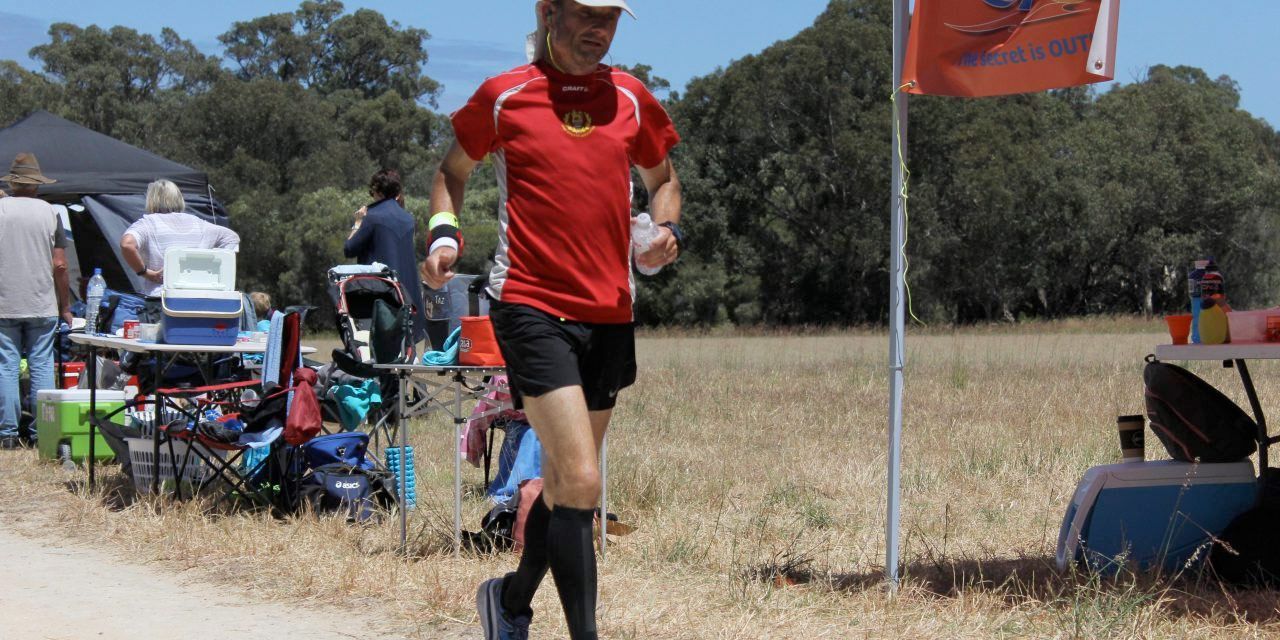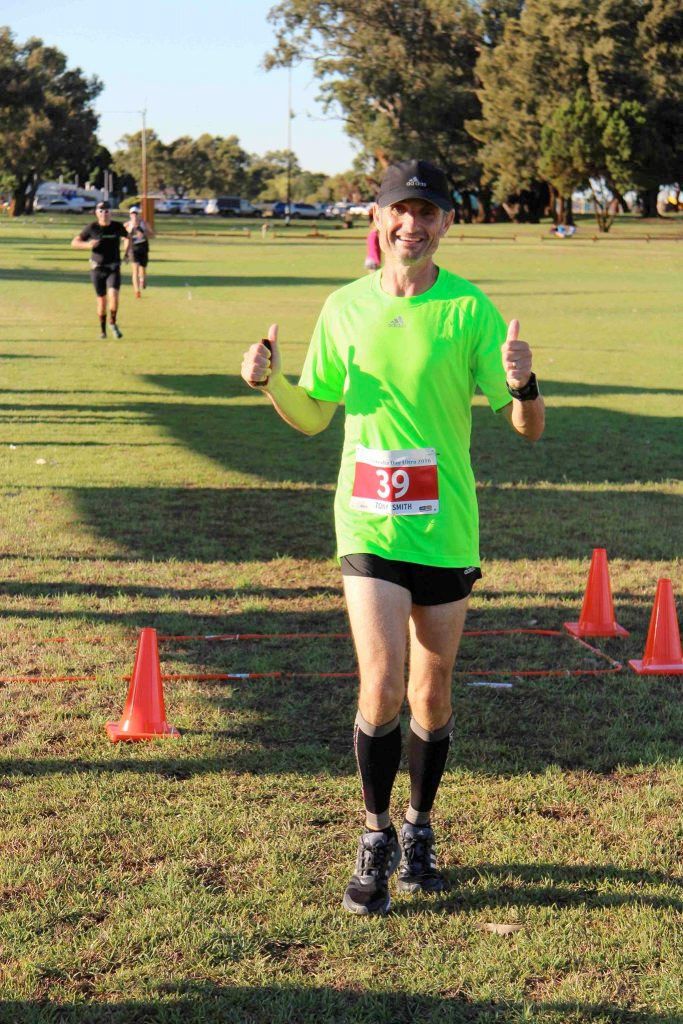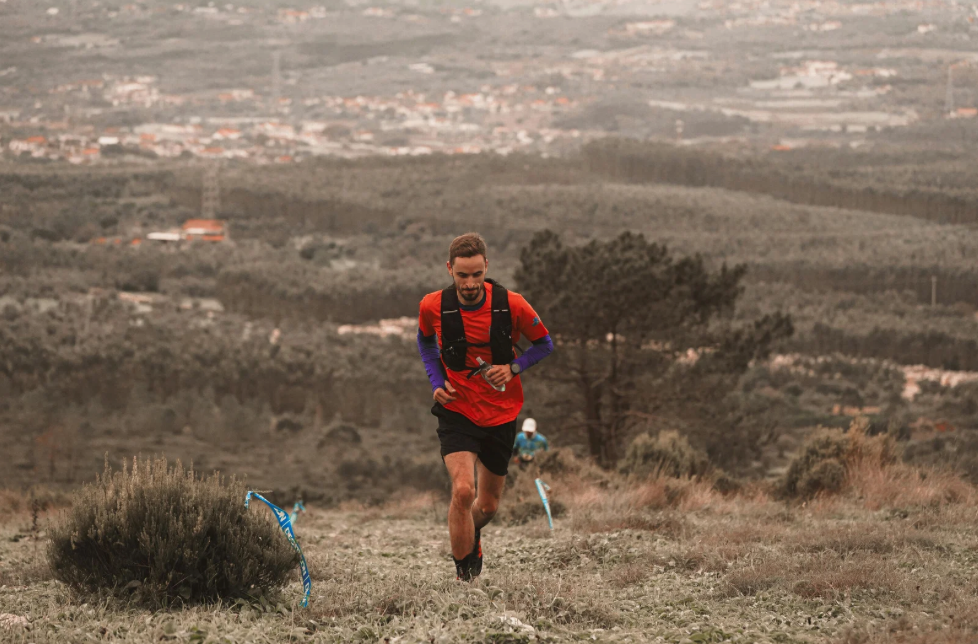Cognitive mental strategies are one of the most fundamental elements for effective ultra-race preparation.
You can’t expect to complete a long distance run without going through various stages of mental processing, and it can be difficult enough training for an event with all the physical challenges, let alone learning how to prepare mentally and emotionally for one.
Seasoned ultra-runners will already have unique coping mechanisms, while those just starting out are yet to experience the mental barriers which are so exceptionally one-of-a-kind to the sport.
And while we all learn about how our individual minds work when racing against the clock, a new trend has emerged for the type of race we participant in – the lap course, either completed at an athletics stadium on track or done as loops on roads, trails or walkways.
So when you’re signed up for a 100kms event, what’s the best way to prepare for going around in circles?
Physically, you know you’ve got this. You’re putting in between 70 and 120kms per week, perhaps more, and you’ve combined all sorts of other training regimens with your runs like strength work, intervals, and hill repeats just to name a few.
Sports psychologist Graziella Thake has worked with elite and national sports teams for over two decades, and has a background in helping top athletes with their sports performance. She says that when it comes to mental preparation, the brain likes rehearsals – humans are creatures of habit, and the key for any runner is to complete a reconnaissance (recce or recon).
The reason why this sort of preparation is essential from a mental and neurological point of view is because reducing shock and impact is the most important part of engaging in any sport. A one directional race is generally perfect for a runner because the constant change of imagery and scenery stops the mindset that leans towards fatiguing.
But loops are a different ballgame altogether.
‘If a runner has to go back and forth, they need to pre-prepare for that like a track and fielder,” she explains.
‘It’s a different kind of runner who chooses a lap course; some runners actually really like and enjoy running around a track, and it’s here they can easily slip into a ‘zone’ where each lap becomes a part of what they’ve rehearsed.
“Runners need to consider terrain, climate and pace, and view these as part of their preparation, rehearsing and thinking about what is going to require from your body and your focus.”
All runners have different coping techniques – some are high level emotional people while others are more task focused, so it’s important to take advantage of recognising which type you are. Understanding how you cope with situations like fatigue will allow you to readily tackle them head on, and asking yourself what are the points that pressure you and how will you react to them, may very well give you a head start on the situation before you even get there.
“Acclimatisation and rehearsal are the keys to an athlete’s success,” Ms Thake says.
“So too is the ability to be resilient in any condition either self-imposed or externally imposed.”
Smith is clearly a task focused runner, giving himself distance goals at Lighthorse to keep his brain busy, and rewarding himself with short walks after 100kms, snacks and drinks like ginger beer, and later allowing himself to sing out loud while listening to 1980s tunes.
“I always try to neutralise my emotions and feelings during long races with distractions, and focus on things that are within my control,” he says.
“There’s no point in wasting energy on anything that is uncontrollable.”
Smith’s mental game worked – he came second, taking in a total of 123.880kms (49 laps).
Ms Thake, who is from the Optimisation Hub, explains with out and back courses like Lighthorse, making a connection with people at aid stations can see a big impact on performance as well as watching other races online to gain performance confidence.
“Running like all performance is multidimensional and many things will impact on performance,” she says.
“A runner’s resilience and preparation as well as their ability to be future focused on what they have prepared for will give them neurological conditioning that will boost their performance.
“The key is ritual, rehearsal, and resilience knowledge; recognising what your triggers are, and performance preparation.”
Lap courses can indeed be overwhelming, however understanding how you fatigue, familiarising yourself with the course, and coming to terms with the fact you’ll be doing loops will allow you to prepare on a level that will help you overcome those moments of doubt or anguish.
Activate your brain to push through the barriers and trigger yourself with a strategy. Conquer the lap course with these preparation tools, and you’ll find yourself winning the mental race and the physical race.
Pictured (feature image): Perth AURA member Tony Smith competing in the 2016 Lighthorse Ultra 12-hour event. Photograph – Kate Dzienis.
Pictured: Tony Smith crossing the finish line at the 2016 Australia Day Ultra 50kms, also a lap course. Photograph – Alexis Oosterhoff.
Tips from Graziella Thake:
- Keep a log on your chosen event and include things like terrain, weather conditions, time of day, how long it takes you to relax prior and after a race, as well as how you know you are relaxed and what you did before and after any warmups.
- Check in on yourself every few kilometres, asking yourself how are you feeling, what do you need to do during your run before you next check in with yourself, and setting short term goals to keep yourself physically activated.
- Use your adrenals and thymus (thymals are between your breastplate, adrenals are above the kidney) for better performance. Learn how to thump the thymals on a run to release a quick feel-good chemical every 6kms, and practice using your arms to overextend at the back to thump your adrenals to release a quick boost of energy.










